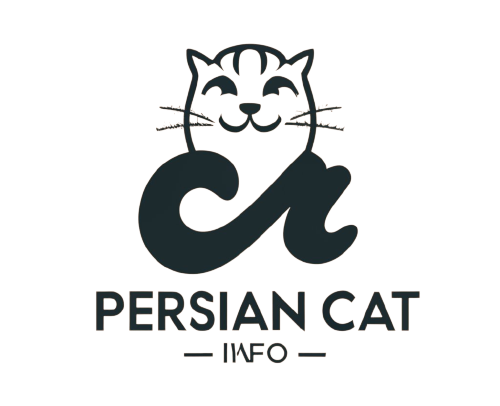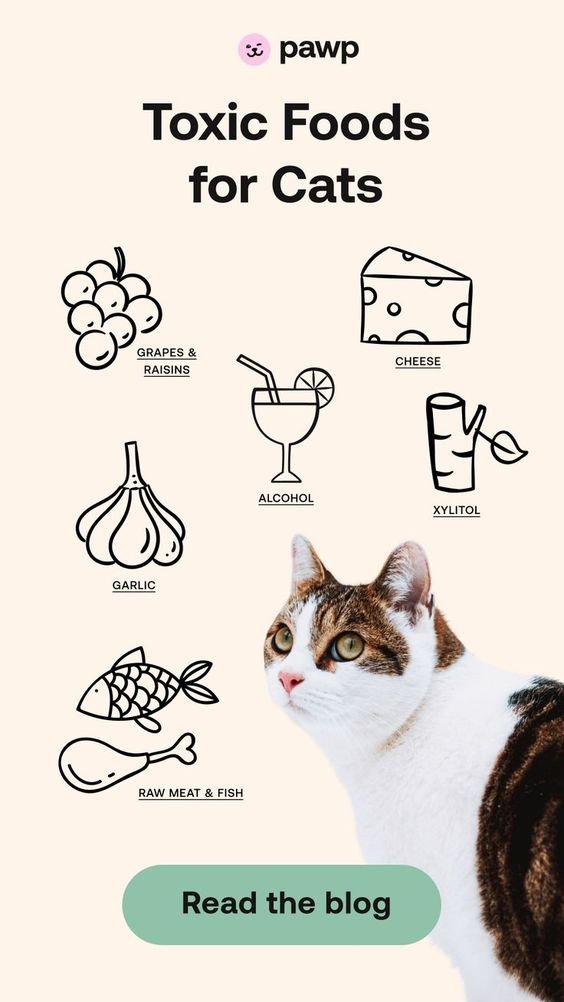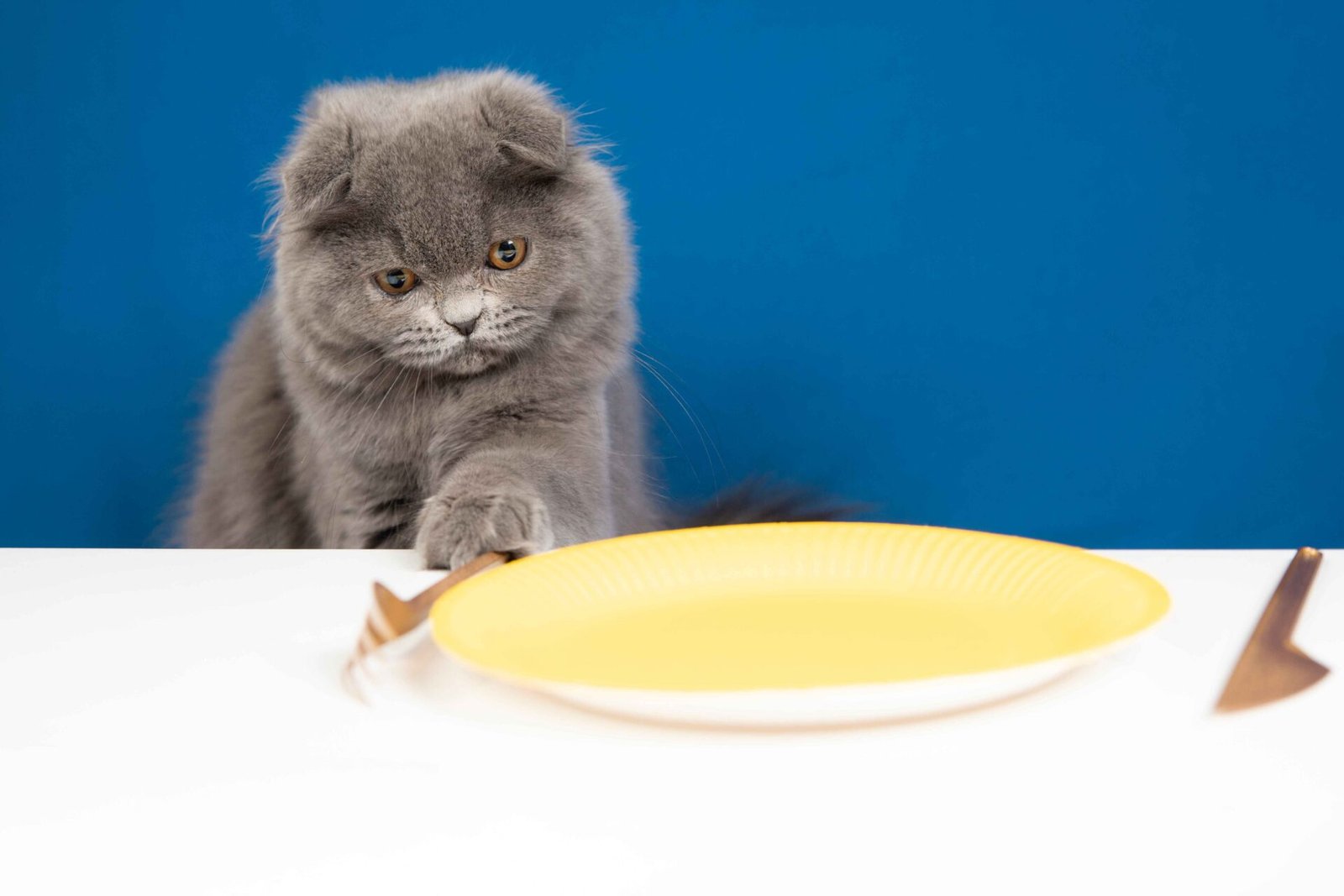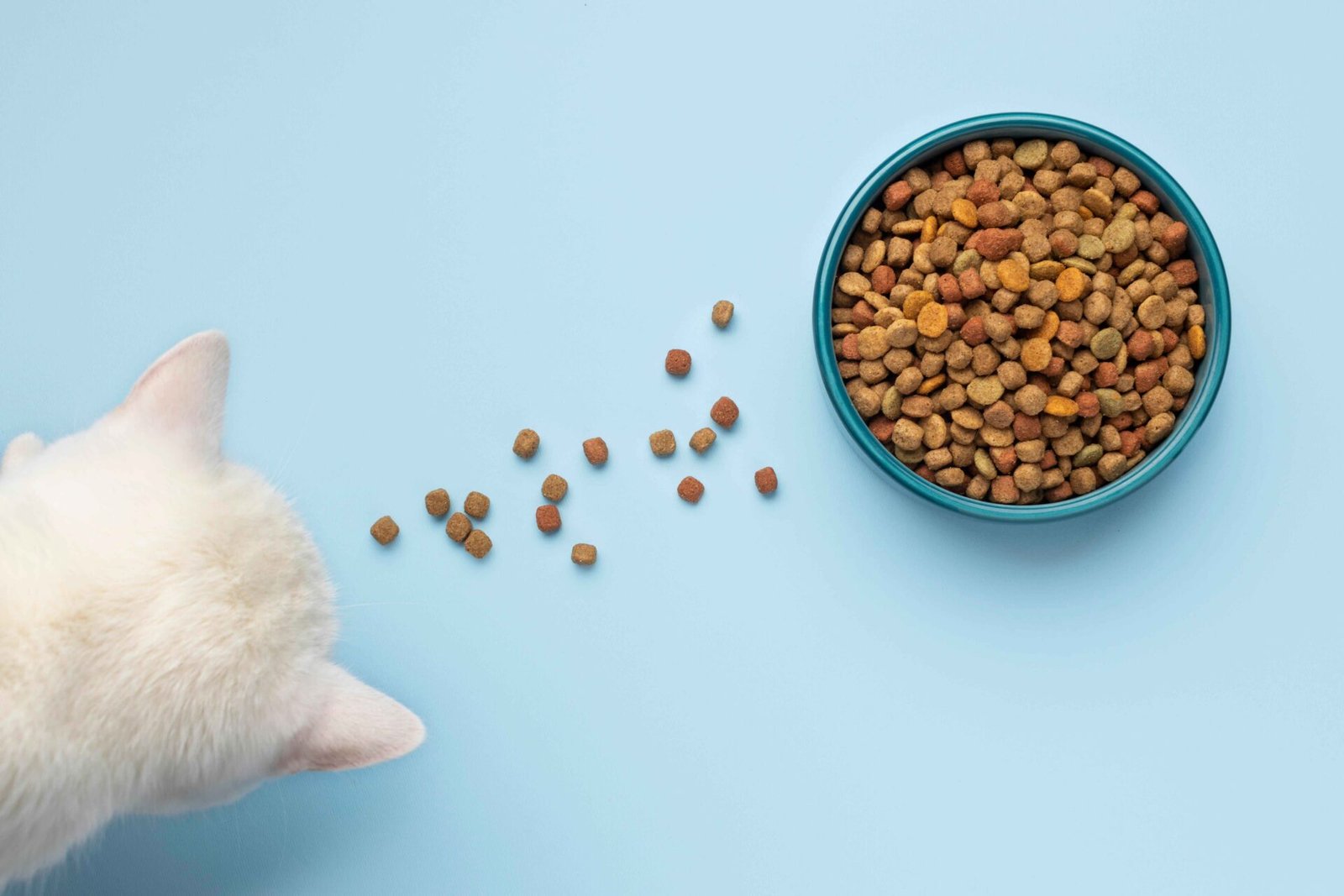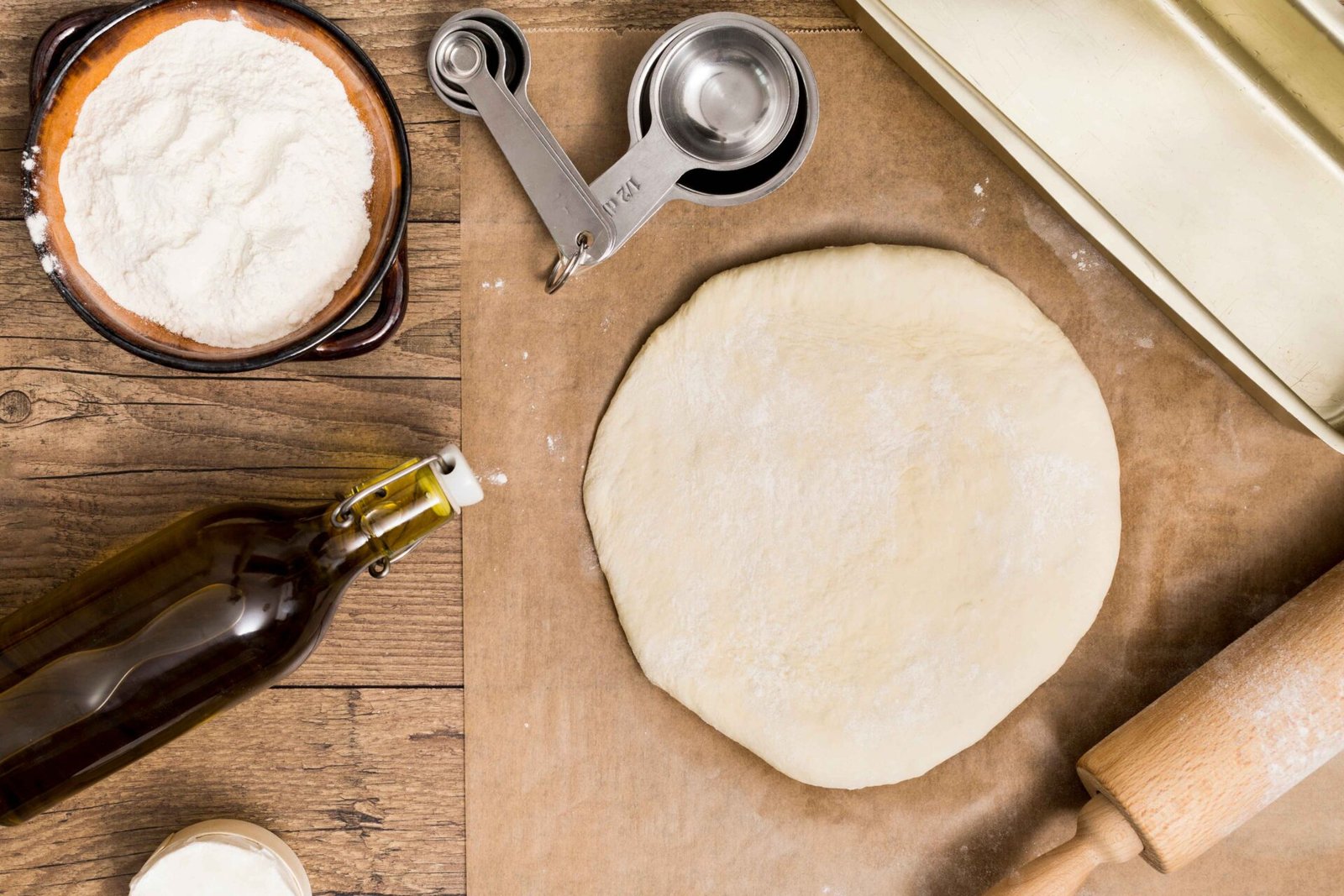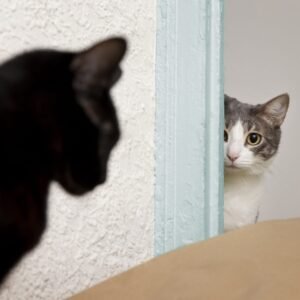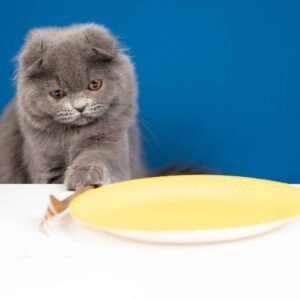If you are adopting a cat as a feline friend then you must be aware of things that are toxic to cats. When it comes to your feline friend you must ensure that your cat is one of the best cats for her nutritional requirements.
. Here’s a look at some of the most toxic foods for cats.
- Some of the most toxic foods for cats include onions & garlic, raw eggs & meat, chocolate, alcohol, grapes, and raisins.
- Adding some human foods that cats have trouble digesting.
- Avoid feeding your cat table scraps, especially around the holidays, as these may contain potentially toxic ingredients.
- If you think your cat has eaten something toxic, call your veterinarian immediately.
What Kinds of Human Foods are Safe for Cats to Eat?

Mostly domestic cats are habitual to human foods. Here is the list of human foods that are safe for cats.
Safe Protein Sources
Cats are obligate carnivores, meaning they require a meat-based diet. Safe protein sources include cooked chicken, turkey, and lean beef.
These options not only satisfy a cat’s carnivorous instincts but also provide essential nutrients.
Suitable Fruits and Vegetables

Suitable fruits and vegetables that are good for cats’ health and add some extra nutrients and minerals to their body.
Blueberries, cooked carrots, and small amounts of mashed pumpkin are excellent choices
Healthy Grain for Cats
Grains have many nutrients in them that add useful minerals and vitamins to cat’s bodies.
While cats are not natural grain consumers, incorporating small amounts of cooked quinoa or oatmeal can provide extra fiber and energy.
It’s essential to ensure grains are well-cooked and offered in moderation.
What is harmful to cats?
Onions and Garlic
Onion, garlic, and ginger are human foods that cause destruction to red blood cells and lead to anemia in cats. These foods are poisonous for your cat when they are eaten in large quantities.
If your cat shows symptoms of lethargy, weakness, reduced appetite, pale gums, and orange to dark red urine, you should take them to the vet as soon as possible.
Raw Eggs, Raw Meat & Bones
Consumption of raw eggs or raw meat can cause salmonella or E. coli poisoning in cats, just as it can in humans. The illness’s symptoms vary, however, they can include vomiting, diarrhea, and tiredness.
Salmonella and E. coli can also be transmitted to people, so wash your hands well after cooking and keep your cat away from raw foods.
Raw eggs contain an enzyme that can cause skin and coat issues. Keep raw bones away from your cat as well; she could choke on them, harm her digestive tract, or damage her teeth.
Chocolate and Caffeinated Drinks
We’ve all heard that chocolate can be lethal to dogs, but it’s also toxic to cats. Chocolate contains methylxanthines, which can cause vomiting and diarrhea, high body temperature, muscle tremors, irregular heartbeat, abdominal discomfort, increased thirst, and seizures.
Caffeinated beverages contain methylxanthines, which should be avoided. Consult your veterinarian if your cat exhibits any of these symptoms. Darker chocolates are generally more harmful than milk and white chocolate.
Alcohol and Raw Dough

Every food that contains alcohol or any beverage products should be dangerous for your cat. Alcohol may cause vomiting, diarrhea, tremors, disorientation, trouble breathing, coma, and even death.
Avoid any alcohol and products and foods that contain alcohol. If you think your cat has consumed anything that contains alcohol, seek medical assistance immediately.
You should also keep your cat away from raw dough. Raw bread induces stomach enlargement or produces alcohol in the stomach. If you suspect your cat has had even a small amount of alcohol, take her to the vet right away.
“Just two teaspoons of whisky can cause a coma in a 5-pound cat,” reported webcd “And one more teaspoon could kill it.
Milk and Dairy Products
Milk is also one of the most harmful things for your cat. Even though your cat is taking an interest in milk and dairy products.
Cats have trouble digesting the lactose in milk, which can cause an upset stomach or diarrhea. Most cats are only exposed to lactose from their mother’s milk when they are kittens.
Because kittens only drink from their mother’s milk for a few weeks, their digestive systems are often not equipped to handle a reintroduction to lactose.
Grapes and Raisins
Little amounts of grapes or raisins can lead to cat illness. after eating grapes or anything like that our cat becomes lethargic within 12 hours.
Other signs that can show up within 24 hours include lethargy, diarrhea, reduced appetite, abdominal pain, decreased urination and abdominal pain.
Citrus fruits
Lemons, limes, oranges, clementines, and grapefruits are citrus fruits that contain citric acid and essential oils that may cause problems for cats if they are consumed in large quantities.
All the parts of the plant, such as the stems, leaves, peels, fruit, and seeds, should be avoided.
To be safe, the ASPCA advises pet owners to avoid feeding grapes or raisins to their cats.
Coconut flesh and coconut water
Fresh coconut milk and flesh can cause intestinal problems in pets, while small amounts are unlikely to be fatal. Coconut water is too high in potassium to be suitable for dogs, however, coconut oil may assist with some cat skin problems.
Consult your veterinarian before using this as a natural cure or including it in your cat’s diet.
Dog Food
Dog food is totally different from cat food The nutrients that are sufficient for cats are not sufficient for dogs.
Cat food should contain plenty of vitamin A, taurine, arachidonic acid, and protein, and dog food has much lower levels of these nutrients.
Dogs can survive with lower levels of vitamin A and protein, while cats cannot. Dogs are also able to produce taurine and arachidonic acid, but cats must have these acids in their food.
Without a sufficient amount of taurine, cats can develop heart disease, vision, and dental issues.
Salts
Salts are harmful to cats because if your cat eats salt it causes a serious situation such as vomiting abdominal pain etc.
Xylitol
Xylitol is a common sweetener in packaged goods like gum and candy that can lead to vomiting, lethargy, and liver failure in pets.
Avocados
Cats are obligate carnivores and have an entirely different digestive process than humans. The skin of the avocado fruit contains persin, which is generally toxic to cats and dogs.
If your cat accidentally ingests avocado, they may have vomiting/diarrhea or develop acute pancreatitis due to the fat content.
THE MOST COMMON SIGNS OF TOXICITY IN CATS ARE:
The most common symptoms that cats show any toxicity or cat poisoning.
- Breathing problems
- Confusion
- Coughing
- Depression
- Diarrhea
- Dilated pupils
- Drinking and urinating more
- Upset stomach
- Seizures
- Shivering
- Skin irritation
- Tremors
- Vomiting
- Weakness
Preventing Cats from Eating Dangerous Foods
How to prevent your cat from any toxic? So read this topic and understand all the ways to avoid cats from poor foods.
Here are some easy tips for preventing your cat from eating dangerous and toxic foods:
- Store foods out of your cat’s reach. Installing cat-proof locks on cabinets may be necessary for a curious kitty.
- Do not let your cat on the counter while you’re cooking or eating.
- Do not feed her table scraps.
- It is recommended that take care of your cat during the summer holidays because if any visitors throw a harmful substance it can upset the cat’s tummy.
